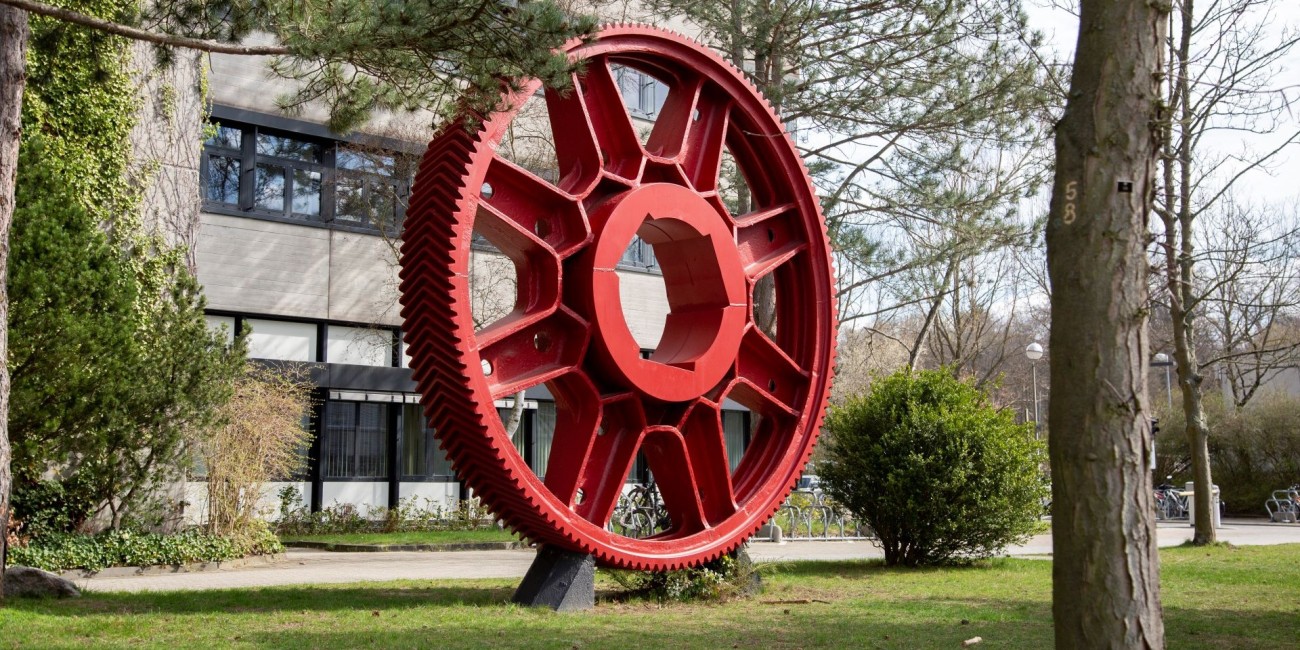Prof. Dr.-Ing. habil. Benjamin Schleich
Contact
schleich@plcm.tu-...
work +49 6151 16-21790
fax +49 6151 16-21793
Work
L1|01 10
Otto-Berndt-Straße 2
64287
Darmstadt
Prof. Dr.-Ing. habil. Benjamin Schleich has been Professor and Head of the Product Life Cycle Management (PLCM) institute in the Mechanical Engineering department at the Technical University of Darmstadt since September 1, 2022. His research focuses on various aspects of information and data exchange throughout the product life cycle, such as issues relating to data-driven sustainability, the automation of engineering processes, flexible digital manufacturing systems, and information processing in tolerance management. In addition, he and his team work on digital twins, data mining, and machine learning in product development, tolerance management (especially in the context of Industry 4.0), and innovative methods and CAx process chains.
Prof. Dr.-Ing. B. Schleich is an elected member of the Advisory Board of the Design Society and an associate member of the International Academy for Production Technology (CIRP).
An overview of his publications can be found here: Google Scholar

Error on loading data
An error has occured when loading publications data from TUbiblio. Please try again later.
-
; {{ creator.name.family }}, {{ creator.name.given }}{{ publication.title }}.
; {{ editor.name.family }}, {{ editor.name.given }} (eds.); ; {{ creator }} (Corporate Creator) ({{ publication.date.toString().substring(0,4) }}):
In: {{ publication.series }}, {{ publication.volume }}, In: {{ publication.book_title }}, In: {{ publication.publication }}, {{ publication.journal_volume}} ({{ publication.number }}), ppp. {{ publication.pagerange }}, {{ publication.place_of_pub }}, {{ publication.publisher }}, {{ publication.institution }}, {{ publication.event_title }}, {{ publication.event_location }}, {{ publication.event_dates }}, ISSN {{ publication.issn }}, e-ISSN {{ publication.eissn }}, ISBN {{ publication.isbn }}, DOI: {{ publication.doi.toString().replace('http://','').replace('https://','').replace('dx.doi.org/','').replace('doi.org/','').replace('doi.org','').replace("DOI: ", "").replace("doi:", "") }}, Official URL, {{ labels[publication.type]?labels[publication.type]:publication.type }}, {{ labels[publication.pub_sequence] }}, {{ labels[publication.doc_status] }} - […]


